
Every pet owner wants their furry companion to live a long, healthy life. While genetics play a role in your dog’s lifespan, small, actionable changes in their daily routine can make a big difference. From proper nutrition and regular exercise to mental stimulation and preventative care, these simple adjustments can promote overall health and potentially extend your dog’s life by five or more years.
1. Maintain a Healthy Weight

Keeping your dog at an optimal weight is one of the most important factors for longevity. Studies have shown that dogs maintained at a healthy weight lived an average of 1.8 years longer than overweight dogs. Measure food portions carefully and adjust based on your dog’s activity level.
2. Feed a High-Quality Diet
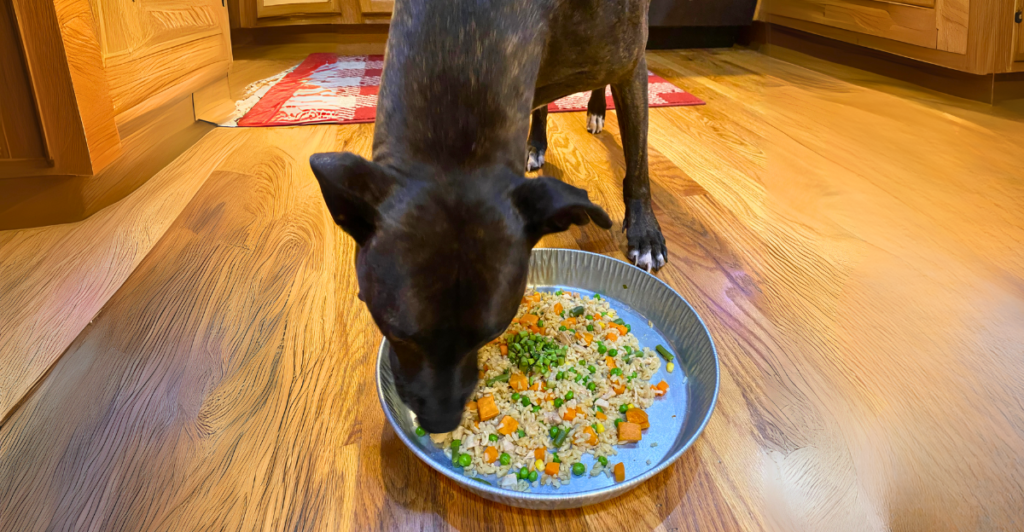
Providing a balanced and nutritious diet tailored to your dog’s life stage is essential for their overall health and longevity. High-quality commercial foods from reputable brands meet the nutritional standards set by organizations like the AAFCO, offering the right balance of proteins, fats, vitamins, and minerals. Homemade diets can also be an option, but they should be formulated with guidance from a veterinarian or veterinary nutritionist to avoid deficiencies or imbalances. Proper nutrition not only supports growth and energy but also helps prevent age-related issues such as obesity, joint problems, and cognitive decline.
3. Regular Exercise

Daily physical activity is crucial for maintaining muscle mass, joint health, and cardiovascular fitness, which are all key to a longer, healthier life for your dog. Aim for at least 30 minutes of exercise per day, adjusting the intensity and type of activity based on your dog’s age, breed, and fitness level. Activities like brisk walks, fetch, or agility exercises not only keep your dog physically fit but also provide mental stimulation, reducing boredom and destructive behaviors.
4. Mental Stimulation

Keep your dog’s mind sharp with engaging activities like puzzle toys, training sessions, and introducing new experiences or environments. Mental enrichment not only keeps your dog entertained but also helps prevent cognitive decline, especially in older dogs. Activities such as scent games, learning new tricks, or exploring new walking routes can provide the mental stimulation they need.
5. Dental Care
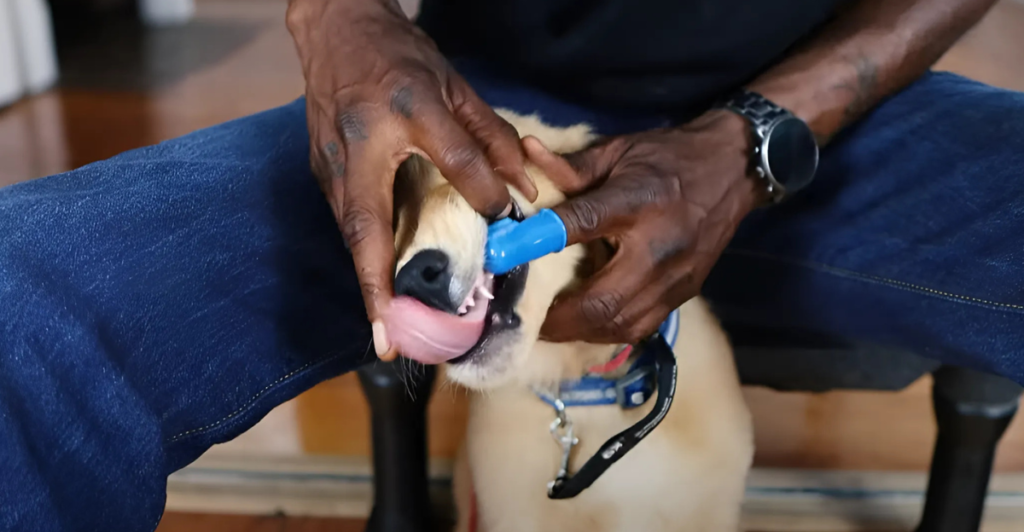
Regular teeth brushing and professional cleanings can significantly impact your dog’s overall health, potentially adding 3-5 years to their lifespan. Dental disease is a common issue in dogs, and if left untreated, it can lead to serious health problems such as infections, pain, and even heart or kidney disease. Establishing a consistent dental care routine at home, combined with periodic professional cleanings, helps prevent plaque buildup, gum disease, and other oral health concerns, ensuring your dog stays healthier and happier for longer.
6. Annual Vet Check-ups
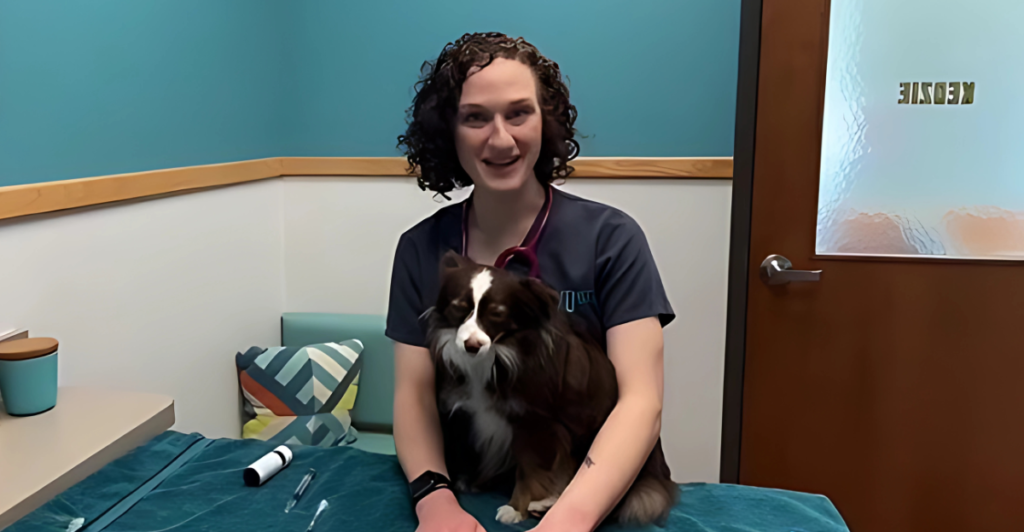
Regular veterinary exams are essential for detecting health issues early, when they’re most treatable, potentially improving your dog’s quality of life and longevity. Annual check-ups are recommended for most dogs, but senior dogs or those with pre-existing conditions may benefit from bi-annual visits. These exams allow your vet to monitor for age-related concerns, such as arthritis, heart disease, or diabetes, and provide timely interventions. Preventative care, including vaccinations and routine bloodwork, is also a critical part of these visits, ensuring your dog stays healthy at every life stage.
7. Maintain Joint Health
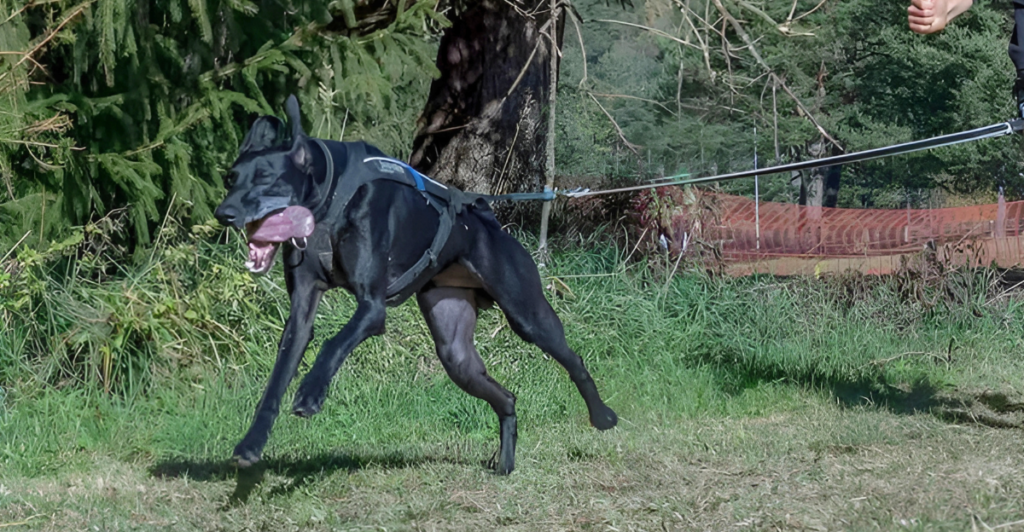
Supporting your dog’s mobility is crucial, particularly as they age or if they belong to a breed prone to joint issues. Joint supplements like glucosamine and chondroitin can help maintain cartilage health, reduce inflammation, and improve overall joint function. These supplements are especially beneficial for larger breeds or dogs with a predisposition to arthritis, as they can alleviate discomfort and improve mobility. Incorporating these into your dog’s routine, alongside a balanced diet and regular low-impact exercise, can help keep them active and comfortable throughout their life. Always consult your veterinarian before starting any supplement regimen.
8. Reduce Stress

Creating a calm, loving environment for your dog is essential for their overall well-being and longevity. Dogs thrive in stable, stress-free surroundings where they feel safe and cared for. Chronic stress, caused by factors such as loud noises, inconsistent routines, or lack of attention, can negatively affect their health, leading to issues like anxiety, weakened immunity, and even shorter lifespans. Providing consistent routines, positive reinforcement, and a safe space to retreat can significantly reduce stress levels.
9. Proper Hydration
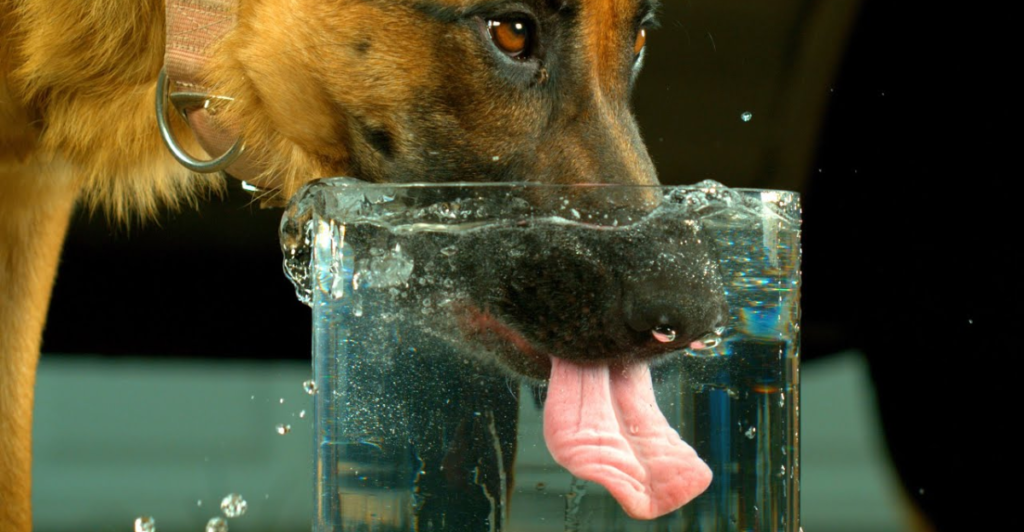
Ensuring your dog always has access to fresh, clean water is vital for their overall health and well-being. Proper hydration plays a key role in maintaining kidney function, regulating body temperature, and supporting healthy digestion and circulation. Dehydration can lead to serious health issues, including urinary tract problems and kidney damage, particularly in older dogs. Make it a habit to check and refill their water bowl regularly, especially during hot weather or after exercise. Clean the bowl daily to prevent bacterial buildup, ensuring your dog stays hydrated and healthy.
10. Social Interaction

Regular socialization with people and other dogs is essential for your dog’s mental and emotional well-being and can significantly impact their longevity. Positive social interactions reduce stress, enhance happiness, and prevent behavioral issues like anxiety or aggression. Remarkably, studies have shown that socialization is five times more effective in prolonging a dog’s life than other variables, highlighting its critical role in their overall health. Frequent playdates, trips to the park, or quality time with family members can keep your dog engaged and emotionally fulfilled, fostering a longer, happier life.
11. Preventative Care
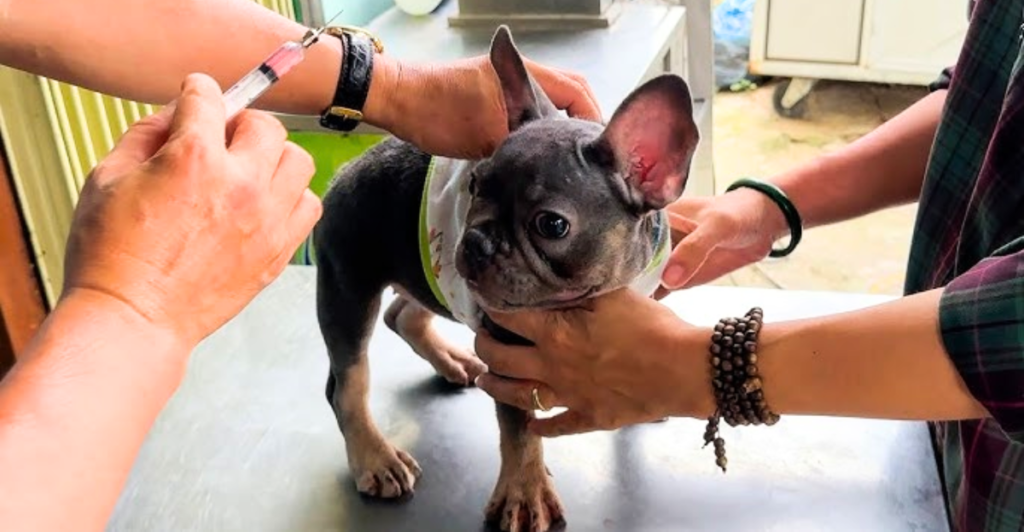
Staying up-to-date on vaccinations, flea and tick prevention, and heartworm medication is vital for protecting your dog from potentially life-threatening illnesses. Vaccinations shield your dog from dangerous diseases like rabies, distemper, and parvovirus, while flea and tick prevention helps avoid discomfort and the transmission of harmful pathogens like Lyme disease. Heartworm medication is especially important, as heartworm disease can be fatal if left untreated. Regular preventative care not only ensures your dog’s immediate health but also reduces the risk of costly and complicated treatments down the road. Work with your veterinarian to maintain a schedule tailored to your dog’s needs.
12. Consider Supplements

Consult your veterinarian about supplements that could support your dog’s overall health and well-being. Omega-3 fatty acids are beneficial for maintaining a shiny, healthy coat and reducing inflammation in joints, making them especially helpful for dogs with arthritis or dry skin. Probiotics can promote a healthy gut microbiome, improving digestion and boosting immunity. Other supplements, such as glucosamine for joint health or antioxidants for aging dogs, may also be recommended based on your dog’s specific needs. Always seek professional advice before introducing any new supplements to ensure they are safe and appropriate for your dog’s age, size, and health condition.
Discover more of our trending stories and follow us to keep them appearing in your feed

10 Easy Ways To Stop A Charging Dog
12 Dog Breeds That Stay Puppy-Sized Forever
12 Foods That Should Never Be Fed To Dogs
10 Russian Dogs Bred To Thrive In Harsh Conditions
Stay connected with us for more stories like this! Follow us to get the latest updates or hit the Follow button at the top of this article, and let us know what you think by leaving your feedback below. We’d love to hear from you!







